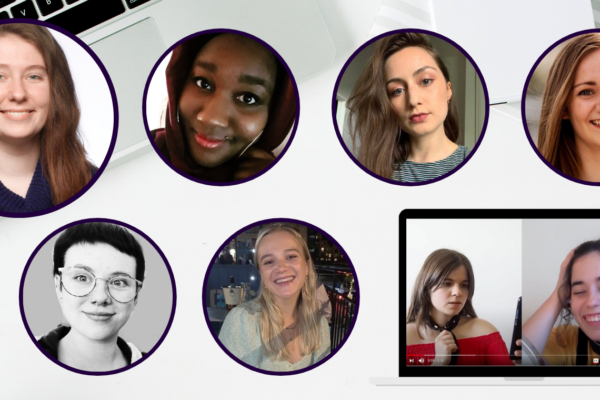The future of journalism
As publishers continue to negotiate choppy waters brought about by waves of Covid-19, a new generation of journalists is helping to steady the ship.
Excelling in a wide range of fields – from travel writing to news reporting and immigration matters – the winners of this year’s FIPP & UPM Rising Stars Awards are bringing innovation, energy and fresh insights to the media industry at a time when it needs it the most.
For the first time the annual awards – open to rising stars in publishing and run in partnership with UPM Communication Papers – were split into Journalism and Business categories, while a new Student prize was also launched in 2020. With nothing separating the winners of the Journalism and Business categories – Rachel Brown and Esther Kezia Thorpe – the judging panel declared them joint overall winners and welcomed both onto the FIPP Board.
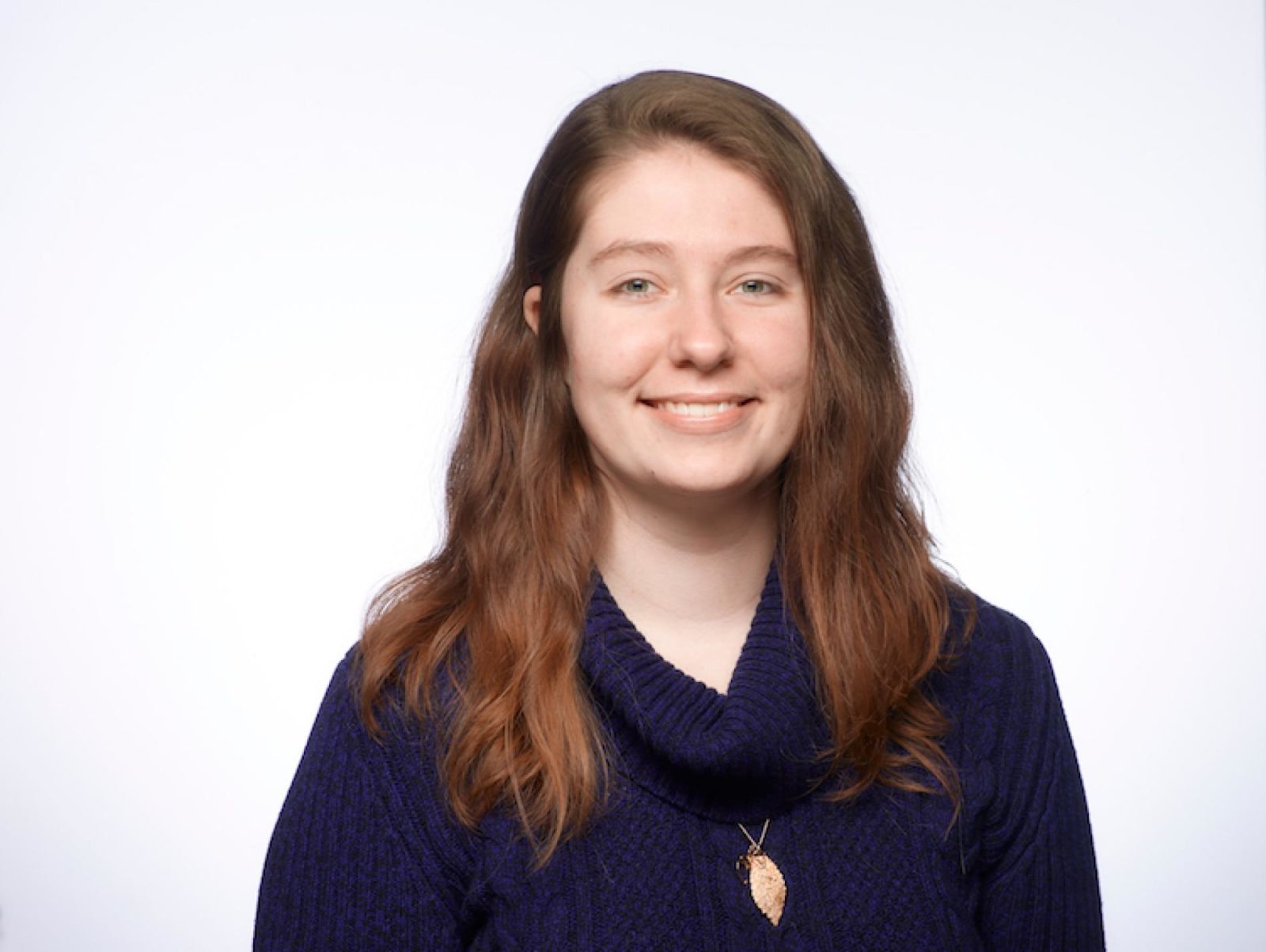
A worthy winner of the Journalism category, Brown has, in her role as associate editor and producer, helped transform the way National Geographic approaches its travel features. “The pandemic has been an opportunity to reevaluate the stories that are important to us and to think about travel journalism in a more reflective way,” she explains. “That has led us to stories that I’ve been really proud of that I think really hold up the National Geographic brand.
“For instance, if you’re a tourist going to this site in Georgia that happens to be the world’s largest Confederate monument, what does that mean and how do you look at those topics a little bit more seriously? How do you look at diversity and inclusion in travel and health and safety – the kind of topics we didn’t have the confidence or resources to explore previously?”
Opportunities for all
As part of her drive for more representative coverage, Brown, who is one of the founders of National Geographic’s PRIDE community group, has cast the net as wide as possible when commissioning writers.
“This year has given more weight to strategies that I and some of my colleagues have been compiling for years,” she points out. “It’s been rewarding to come to my team and say: look here are these databases of experts of colour that we have been working on since 2018. I don’t think it’s necessarily a question of having your check box, your quotas and ratios and making sure your numbers are ticked. For me, it also goes back to looking at who’s in a region and who’s got the expertise to help tell the stories better.”
With worldwide travel curtailed by Covid-19, National Geographic has been forced to adopt a more regional focus when it comes to its features, an approach Brown won’t discard once the pandemic is under control. “I hope that focus remains because smart, measured regional stories give you a sense of place and where you want to go,” she says. “It’s a great way to make a connection between a distant place and your own.”
A born storyteller
Someone who has always known the true value of good storytelling is Adama Munu, a producer at Turkish news channel TRT World and one of three winners in the Journalism category.
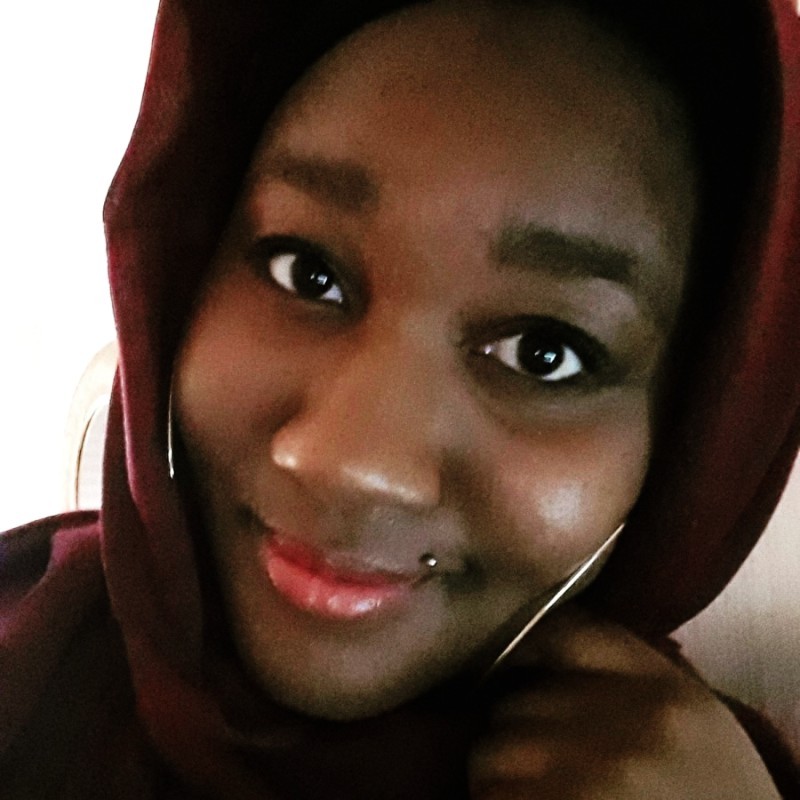
“From the time I was six I loved reading newspapers and would read them aloud,” she recalls. “I think from a young age I always understood the power that comes with gaining knowledge and sharing it, and the privilege that comes with telling meaningful stories.”
In her fledgling career Munu has devoted herself to exactly these type of reports, focusing on the culture, history and politics of the African Diaspora – from Cardi B reconnecting to her ancestral ties by seeking out Nigerian citizenship to the reemergence and importance of the Pan-African flag to a new generation of black activists after the killing of George Floyd and Breonna Taylor.
“You are better equipped to tell a story if you are passionate about it, which can only make your story stand out and make you a more trustworthy source for others,” she points out. “I don’t think I could do my job any other way.
“Granted, there are times when a journalist will be assigned a story that they may not want or is difficult to get right. But I believe those moments are learning experiences and are there to push you in a different way. I still think it’s important to treat each story with the respect and integrity it deserves. True passion comes with the determination to tell a story well.”
Finding common ground
The myriad of issues affecting ex-pats around the world is also close to the heart of the third winner in the Journalism category. As the Europe Editor of The Local Europe – the Swedish-based, English language digital publisher covering issues faced by immigrants across nine countries – Catherine Edwards has made it her mission to know her readers extremely well.
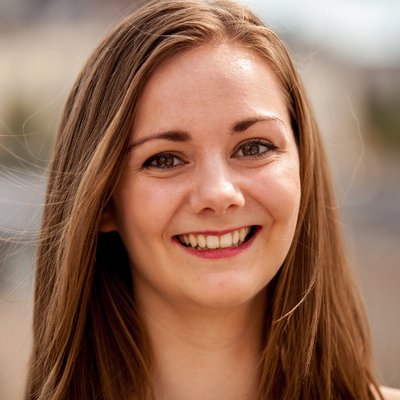
“Although we have grown a lot, we have always been very close to our audience because we are part of the international community in our country,” she says. “It’s about building close relationships and listening to what they need. We do a lot of features and guides to living in Sweden and the country’s cultural quirks and laws. Because a lot of us at The Local are immigrants or foreigners ourselves we have a good insight into the things that aren’t so natural and obvious.”
To understand the problems faced by new arrivals in Sweden, Edwards, who speaks five languages, spends hours chatting to readers in comments sections and on social media. According to the journalist, the Covid-19 crisis has made it even more important to understand the needs of The Local readers – with articles covering topics like the abuse suffered by those wearing facemasks giving invaluable insight into the way the country is trying to cope with Covid.
Edwards’ commitment to serving the immigrant community goes beyond her writing, with the editor spearheading an EU-funded project that delivers training to journalists to improve migration reporting.
“We reached out to journalists at different stages of their career and developed a course based round solution journalism and a constructive mindset, which is often missing from migration,” she says. “It’s been a good experience to see how many journalists are enthusiastic about reporting on migration in a different, new way.”
Life through the lens
Finding new ways to report on important stories is one the great strengths of ITN producer Helen Clifford, one of two Highly Commended entries. Clifford recently produced a series of 30-minutes Current Affairs programmes focusing on the shop owners suffering because of the decline of the UK’s high street businesses, that illustrated the importance of quality broadcast journalism.
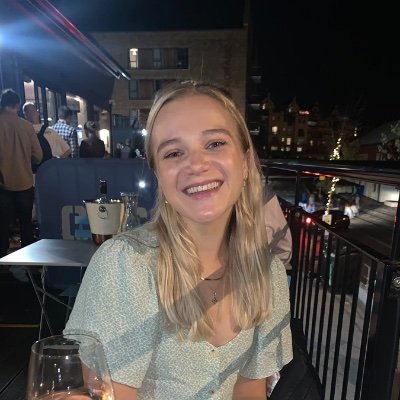
“It’s such an overdone story and we had to approach it in a new way,” she says. “It made people realise these aren’t just shops. In news, all you get are the headlines and with the way social media is we are all expected to digest what’s going on in 15 seconds and we are expected to have an opinion on it in less than that. With longer-form programmes you have time to breathe, think and have a back and forth. It’s an undervalued part of debate.”
Like just about every sector of the industry, broadcast journalism has seen some rapid transformation this year with producers like Clifford finding innovative ways to conduct interviews.
“Remote filming has developed massively over the course of just six months,” she points out. “We now send out mobile phones to contributors and I, sitting at home, am able to remotely use the camera on their phone. All they have to do is position the phone in the right way and I can control the exposure, the light saturation and have a third person there doing an interview. So, for never having gone to that contributor’s house, you have their interviews in your edit suite in less than half an hour. That is the future.”
Health matters
For Niamh Leonard-Bedwell, a lifestyle writer for Healthy Magazine who was also Highly Commended, health reporting is a passion born out of personal experience.

“I had problems with my skin and eczema and I was interested in looking into why that might be,” she says. “I always found it hard to buy skincare products and not knowing whether my diet might be affecting my skin. I had a personal interest in that.”
Leonard-Bedwell’s knowledge of health matters is more important now than ever as the world faces up to its greatest medical crisis for a generation.
“We have focused a lot more on things like immunity, the things you can do to boost it, and exercise you can do from home,” she explains. “With the pandemic people have gone one of two ways with fitness – they have either abandoned it or have been inspired to pick it up. So we have looked at how you bridge that fitness gap by picking little bit of activities daily.”
As part of a shift to digital, Leonard-Bedwell has taken charge of a newsletter crammed with valuable, well-researched stories emailed out to readers every two weeks. “Our readers know what we say is based on science and we would never make false claims,” she says. “Even when we present studies to support an argument we look at the limitations of those and flag it up in the copy. Since lockdown we have a lot more letters from readers thanking us for our articles and for being a reassuring voice. That’s been really rewarding.”
The future is bright
The future of journalism seems to be in safe hands if the entries in the new Student category are anything to go by. The team behind the winning submission – who attended Roehampton University – came up with a lifestyle magazine called Dark Mode. Taking its name from the phone and laptop setting, the publication caters to those who are keeping London’s nighttime economy going.
According to editor Jasmina Matulewicz it’s never been more important for Generation Z’s voices to be heard in the media. “More often than not, young people know exactly what they’re talking about – resources are shared incredibly quickly through social media, and it’s easier than ever to find credible sources and educate yourself,” she says. “Diversity and fair representation in the media is something the industry need to work on, and allowing young people to have their say is a step in the right direction.”
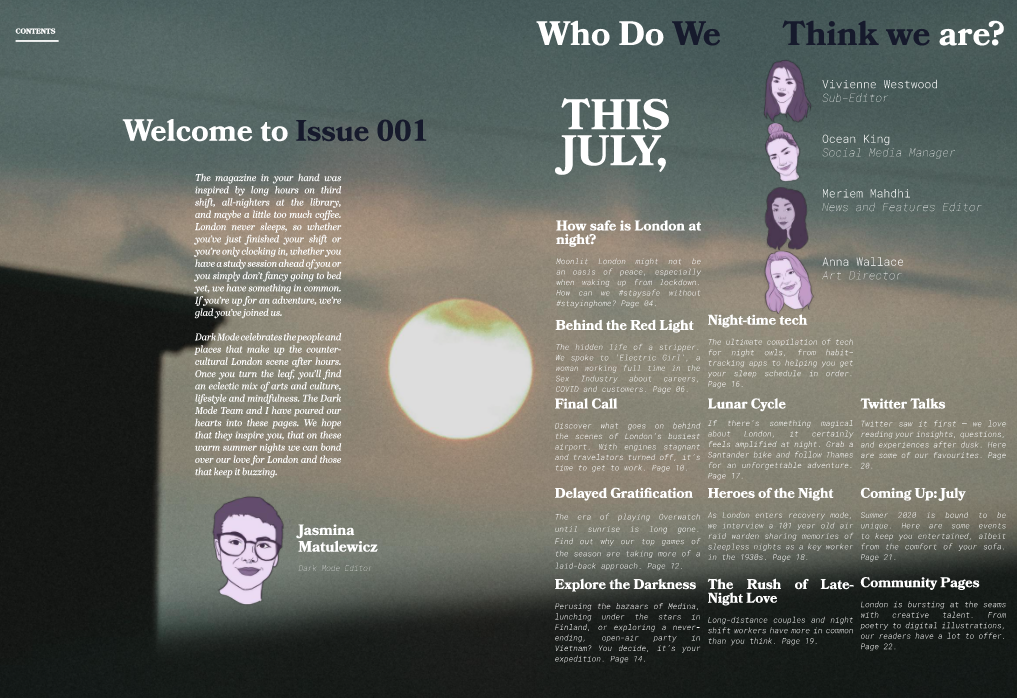
Also impressing the judges was an ‘artistic journalism’ project by B.A. and M.A. students in Communication Sciences at the University of Porto, using creative videos to highlight the loneliness experienced by the elderly during the pandemic.
“Artistic Journalism is the meeting of the ephemeral nature of traditional journalism with the eternity of art,” explains project manager Professor Jorge Marinho, whose submission was Highly Commended. “Art can elevate journalism. The way I see it, the assertion of journalism as art – that is, of the journalist as an artist – amounts to the transformation and evolution not only of journalism, but also of society as a whole.”

